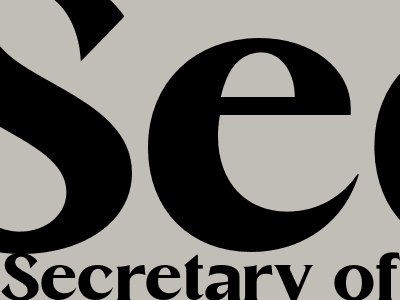
Secretary of State pledges to contain NHS agency spend
NHS England chief Samantha Allen confirms the use of agency workers as a short-term measure
The NHS agency spend surged by 20% to £3bn last year, a recent report illustrated, following a warning that workforce shortages could result from the government’s proposals to limit the use of foreign doctors and nurses. Samantha Allen, NHS England’s chief, told the Health Service Journal that agency spending was needed in the short term, but the health service could not rely on it in the long term. Writing exclusively for HSJ, she also said that plans to leave the EU would place significant pressure on the NHS workforce and EU nationals must be reassured that they would be valued in the UK after Brexit.
The report by the workforce watchdog Health Education England found that spending on independent sector contractors, locums and agency nurses has increased by 51%, or £1 billion, in England since 2014-15. NHS Employers, which represents trusts, said the £3bn spent in 2016-17 was a “significant investment” and called for a long-term plan to address the shortages that were driving up costs. The report is likely to fuel concerns that the NHS is overly reliant on agency staff to fill staff shortages, including those created by the government’s immigration policies.
Cap on EU health worker numbers and the impact upon the NHS
The government has pledged to reduce net migration to the tens of thousands and end free movement of people from the EU, but has not set out detailed proposals for how the new immigration system will work. The Department of Health has said it wants to ensure the NHS has the workers it needs and is working closely with the Home Office to make sure there is a smooth transition to the new system. But the report by Health Education England found that EU nationals accounted for a quarter of doctors in training and around 11% of nurses and midwives in the UK. It also warned that reducing the number of EU health workers could exacerbate existing shortages.
The authors of the report said: “If the number of EU doctors and nurses working in the UK is reduced without a plan to replace them, this could have a significant impact on the health service.” There have been growing warnings in recent months about the impact that Brexit will have on the health service, with the Nuffield Trust thinktank warning that it could lead to a loss of up to 50,000 nurses and 10,000 doctors from the EU.
The long-term plan to address staff shortages
In her article for HSJ, Allen said that NHS England was working with the government to develop a long-term plan to address staff shortages, which would involve increasing the number of doctors, nurses and other health professionals trained in the UK. She said the NHS was also working to make the health service a more attractive place to work, including by improving pay and conditions. Allen said: “We need to make sure that the NHS is a place where people want to work, and that we are doing all we can to support and develop our staff. We also need to work with the government to ensure that we have the right immigration policies in place to support the health service.
The government has said it is committed to supporting the NHS, and has pledged to increase funding by £8bn a year by 2020-21. However, the Nuffield Trust warned that this increase may not be enough to offset the impact of Brexit, and called for the government to do more to support the health service.